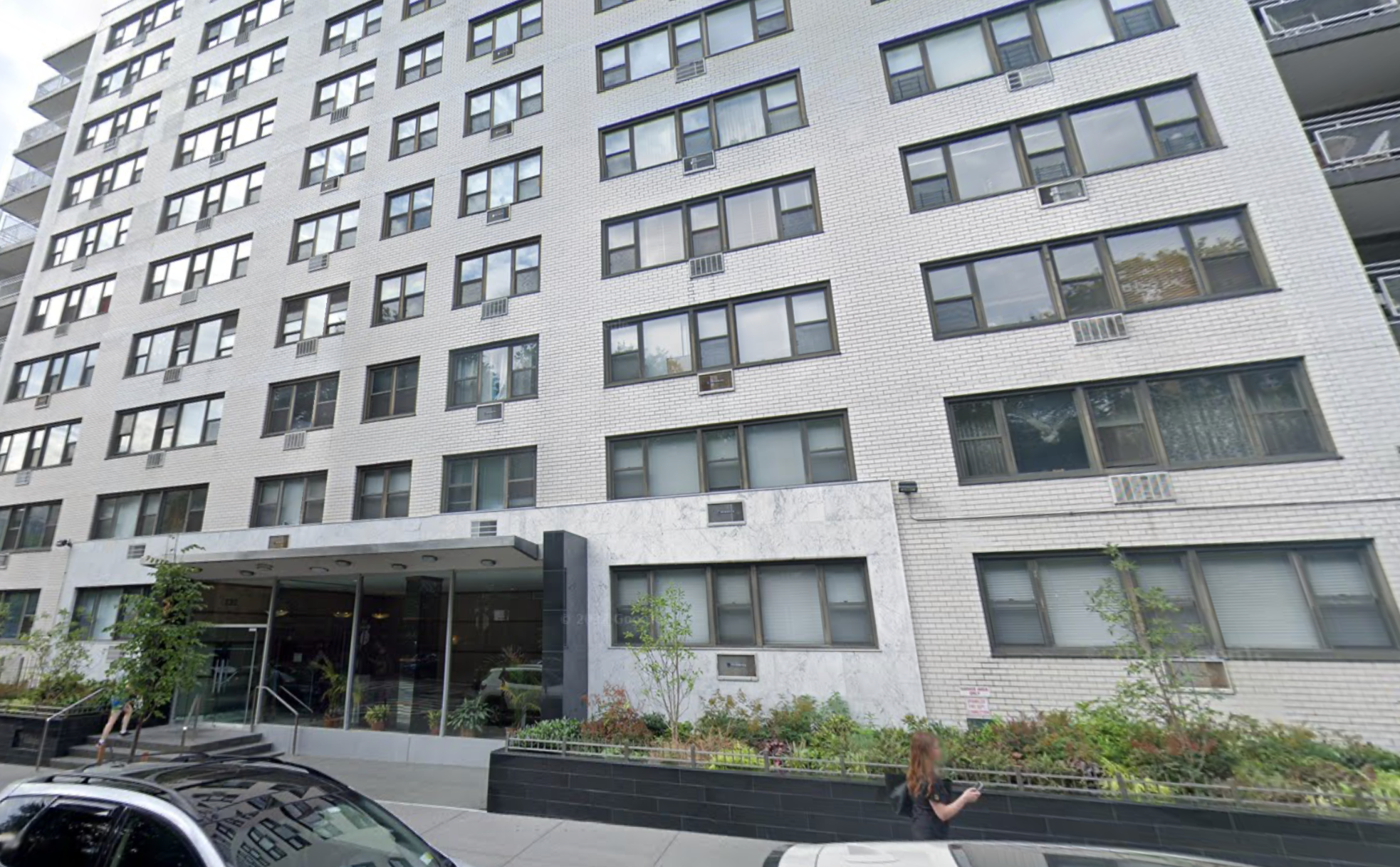A New York landlord tried to evict a tenant over her three emotional support parrots. Now she’s won $165k
The tenant has kept three parrots — Layla, Ginger, and Curtis — ‘to ameliorate the effects of anxiety and depression,’ according to court filings

Your support helps us to tell the story
From reproductive rights to climate change to Big Tech, The Independent is on the ground when the story is developing. Whether it's investigating the financials of Elon Musk's pro-Trump PAC or producing our latest documentary, 'The A Word', which shines a light on the American women fighting for reproductive rights, we know how important it is to parse out the facts from the messaging.
At such a critical moment in US history, we need reporters on the ground. Your donation allows us to keep sending journalists to speak to both sides of the story.
The Independent is trusted by Americans across the entire political spectrum. And unlike many other quality news outlets, we choose not to lock Americans out of our reporting and analysis with paywalls. We believe quality journalism should be available to everyone, paid for by those who can afford it.
Your support makes all the difference.Eight years after Meril Lesser was nearly evicted from her Manhattan apartment due to her three emotional support parrots, she has been awarded hundreds of thousands.
The colorful legal dispute stemming from a co-op tenant whose three parrots prompted so many noise complaints that the co-op tried to evict her came to a close last Thursday, resulting in a consent decree ordering the co-op shareholder association to pay her $165,000 in damages.
Lesser has lived in The Rutherford, a 175-unit co-op on East 15th Street, where she has lived since 1999. She has kept three parrots — Layla, Ginger, and Curtis — as “emotional support animals to ameliorate the effects of anxiety and depression” since 2015, the complaint states.
That’s when the noise complaints began.
The New York City Department of Environmental Protection sent inspectors 15 times to Lesser’s unit. They found that while the birds were audible, there was no “loud, unreasonable, or excessive noises” emanating from her apartment, the filing says.
These fruitless inspections — in addition to a note from Lesser’s psychiatrist explaining that her condition “requires the presence” of her three parrots — did not deter The Rutherford from asking her to vacate her apartment in May 2016.
She moved out in mid-July of that year yet continued to pay for the utilities and maintenance obligations ever since and has subleased her unit.
On May 14, 2018, Lesser filed a fair housing complaint with the Department of Housing and Urban Development (HUD) against The Rutherford claiming its “ongoing effort to terminate her right” to live in the building was discriminatory because of her disability.
HUD found there “was reasonable cause to believe that Defendants discriminated against Complainant on the basis of disability, and engaged in retaliation against her,” according to a court filing.
In January 2021, the secretary of HUD charged the co-op with engaging in discriminatory housing practices and retaliation in violation of the Fair Housing Act. The Rutherford asked for the case to proceed in federal court.
On August 12, The Rutherford agreed to the consent decree, stipulating that it pay Lesser $585,000 to buy her shares in the co-op as well as $165,000 in damages. On top of this, the board must “adopt a reasonable accommodation policy” for handling reasonable accommodation requests for tenants with disabilities.
“This is the largest recovery the Department of Justice has ever obtained for a person with disabilities whose housing provider denied them their right to have an assistance animal,” US Attorney Damian Williams said in a statement.“This outcome should prompt all housing providers to consider carefully whether their policies and procedures comply with federal law.”
Join our commenting forum
Join thought-provoking conversations, follow other Independent readers and see their replies
Comments